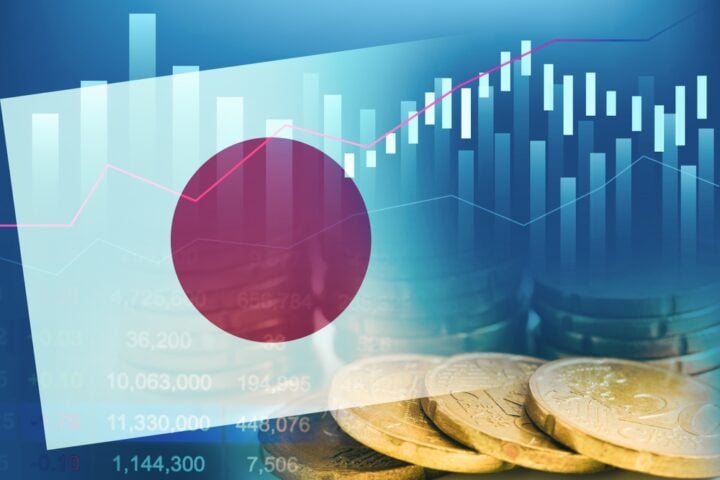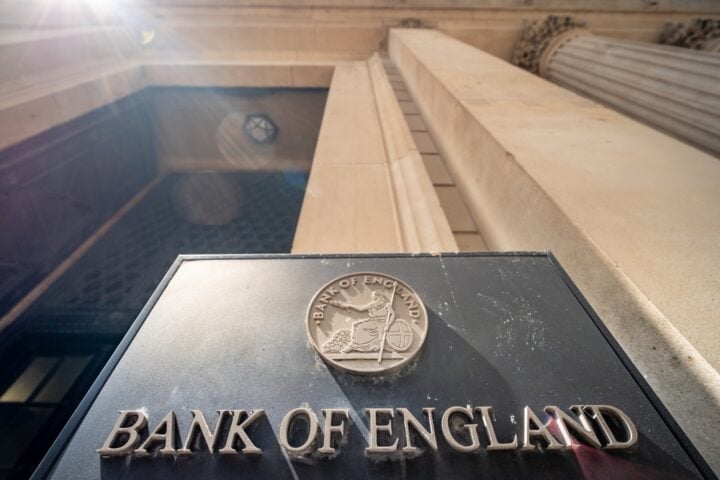Inflation declined in most global economies throughout 2024, yet its lingering effects reshaped the political landscape. Frustrated by years of price hikes on essentials like eggs and energy, voters punished ruling parties in elections worldwide. From the United States to South Korea, political incumbents bore the brunt of inflation-driven discontent, even as economies began to stabilize.
A New Political Era in the United States
In the U.S., inflation fueled Donald Trump’s return to the White House, four years after his initial defeat. His supporters, who had attempted to overturn his loss in 2021, delivered a resounding victory at the ballot box this year.
Trump’s re-election signaled potential turbulence for American democratic institutions and international relations. His campaign’s promises, including controversial plans for foreign policy, have left global allies wary and domestic critics concerned.
Global Elections Reflect Inflation-Driven Discontent
The wave of anti-incumbent sentiment extended across the globe:
- Europe: Britain, France, Germany, and Portugal saw new governments take power as voters expressed dissatisfaction with economic management.
- Asia: South Korea’s opposition gained control of its parliament, challenging President Yoon Suk Yeol, whose imposition of martial law was quickly overturned by the National Assembly. Japan and India also experienced political upheaval.
- Africa and Latin America: Botswana and Panama ushered in new leadership amid public outcry over inflation’s effects.
- Russia: In stark contrast, Vladimir Putin secured re-election with an overwhelming 88% of the vote, maintaining his grip on power and continuing his war in Ukraine.
War and Geopolitical Uncertainty
Ukraine and Russia
The conflict in Ukraine persisted, with Russia making significant territorial gains. The big question looming over 2025 is how Trump’s presidency will affect the war. His vow to “end the war in a day” has raised concerns in Ukraine and Europe that he may side with Putin, potentially freezing current territorial divisions.
Middle East
In the Middle East, Israel extended its war from Gaza into Lebanon, dealing a significant blow to Hezbollah. Meanwhile, a coalition of rebel groups in Syria toppled Bashar al-Assad, marking a dramatic shift in the region’s dynamics as they begin governing the fractured nation.
The Rise of Artificial Intelligence and Big Tech
Beyond politics, businesses globally grappled with the rapid rise of artificial intelligence. AI innovation has reshaped industries, with companies adapting to new technological capabilities. The dominance of tech giants is evident: seven companies, dubbed the “Magnificent Seven,” now comprise over one-third of the S&P 500’s market cap.
Elon Musk, a key figure in this transformation, has not only driven AI advancements through Tesla but has also become a financial backer and adviser to President-elect Trump. This blending of tech influence and political power could define 2025, sparking debates about the ethical and economic implications of such alliances.
What Lies Ahead
As the world prepares for 2025, the themes of 2024—political shifts, economic recovery, and technological innovation—will continue to shape global dynamics. While inflation may have eased, its political and societal effects are far from over. The intersection of technology and governance will also demand careful navigation, with leaders and citizens alike grappling with the implications of this new era.







